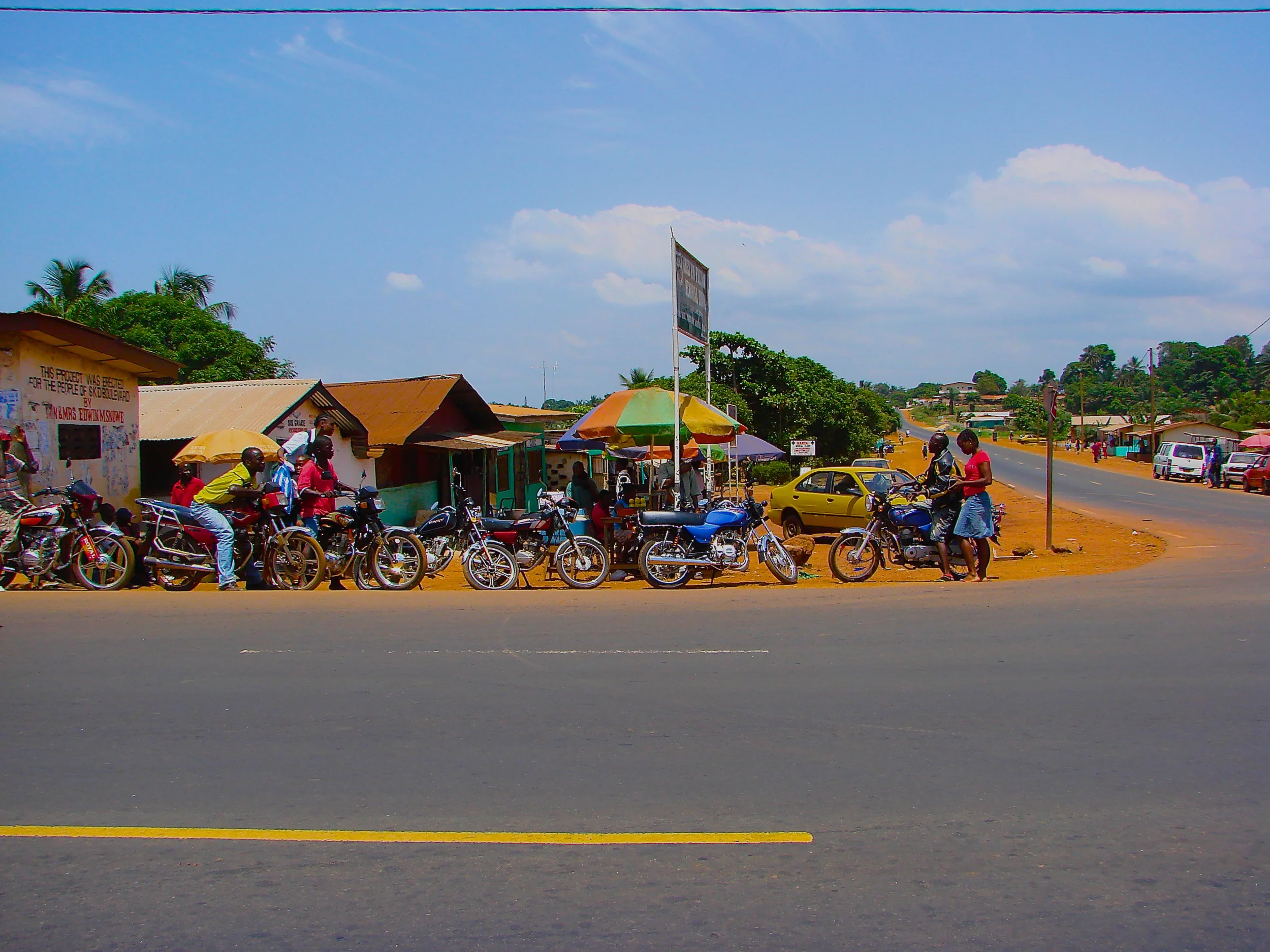Barefoot Lawyers, Communities, and the Earth: Legal Empowerment and the Struggle for Stewardship
/By Vivek Maru, CEO, Namati
The global human rights movement has made extraordinary progress, at least by the letter of the law. Many countries now enshrine basic rights in national legislation. But people continue to struggle to exercise those rights in practice. The UN estimated that four billion people worldwide live outside of the law's protection. For them, the law is an abstraction, or worse, a threat. They can be driven from their land, extorted by officials, and intimidated by violence.
This profound global rights gap is nowhere more urgent than in the realm of environmental and climate justice. Research demonstrates that secure community land rights are a necessary precursor to successfully addressing deforestation, food insecurity, and poverty. Time and again, we see that when communities have secure governance over their lands, they choose to conserve and wisely steward their resources – creating a bulwark against the destabilization of key resources like water, soil, and agricultural crops due to rising temperatures.
Yet nearly half of the world’s people do not have secure rights to govern their lands. Meanwhile, these same lands are vulnerable to increasing foreign investment interest and speculation by national elites. As demand for (cheap, unregulated) land increases while climate stability decreases, rural communities around the world face imminent threats to their homes, lives, and livelihoods.
These external destabilizing influences often set off a cascade of multiple and overlapping intra-community challenges. Often the divisive tactics of investors create community divisions, while infrastructure development degrades livelihoods. Elites may make back-room deals with local leaders, undermining community trust of those leaders.
It is only when local communities are empowered to claim their rights – both customary rights and those enshrined in national law – and fully participate in decision-making about their customary lands, that we find positive outcomes for sustainable resource stewardship and community resilience in the face of climate change.
To help achieve these outcomes worldwide, Namati champions an approach—grassroots legal advocates, sometimes known as barefoot lawyers or community paralegals—for placing the power of law in the hands of people. The advocates are trained in basic law and in skills like mediation, organizing, education, and advocacy. Paralegals help people to understand, use, and ultimately shape the law.
For example, in 2015, paralegals in Sierra Leone worked with ten communities in the north of the country to secure a more equitable lease agreement between the communities and a logging company. They successfully negotiated provisions for the protection of traditional or sacred grounds, profit sharing with communities, and protection from environmental harm.
In Myanmar, paralegals work with farmers who have suffered land-grabbing by the military under decades of dictatorship, offering practical advice on land laws to a much larger group of people than could be assisted by lawyers alone. Since 2013, Namati and several grassroots groups have helped nearly 10,000 farmers across seven states to protect their land rights under new Burmese law. Thousands of farmers have received land use certificates, and thousands of hectares of grabbed land have been returned to small-hold farmers.
Paralegal casework can also inform lasting policy change. In India, intensive paralegal efforts on several mining cases – resulting in valuable evidence about how the laws work in practice – gave advocates the information they needed to call for strengthened federal mining regulations. As a result, the Ministry of Environment, Forests and Climate Change included the paralegals’ proposed changes in an amendment to the relevant law.
Paralegals offer a practical, effective method for enabling communities to assume their rightful roles as primary stewards of their lands and resources. And paralegal experience in pursuing land and environmental justice can inform regional, national and even global advocacy on environmental protection. In the context of increasing resource scarcity and a shifting climate, respecting the rights of people closest to the land is essential to preserving our most precious shared resources. It is also what justice demands.
To learn more about Namati’s impact click here.
Vivek Maru is the CEO of Namati. Namati and its partners deploy grassroots legal advocates to take on some of the greatest challenges of our times including protecting community lands, seeking environmental justice, securing citizenship rights and realizing the right to health. Just this year Vivek and Namati received the Skoll Award for Social Entrepreneurship. Watch his acceptance speech here. Previously, Vivek co-founded and co-directed the Sierra Leonean organization Timap for Justice, which has been recognized by the International Crisis Group, Transparency International, and President Jimmy Carter as a pioneering model for delivering justice services in the context of a weak state and a plural legal system. He also served as senior counsel in the Justice Reform Group of the World Bank. His work focused on rule of law reform and governance, primarily in West Africa and South Asia.












